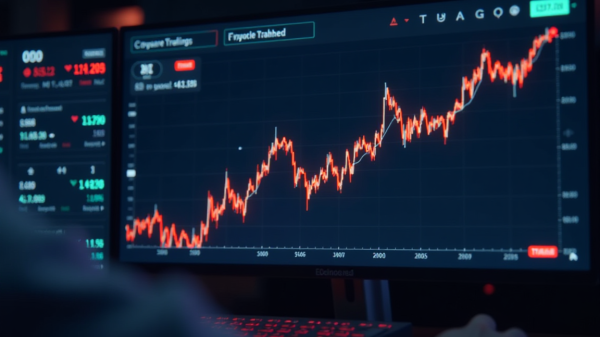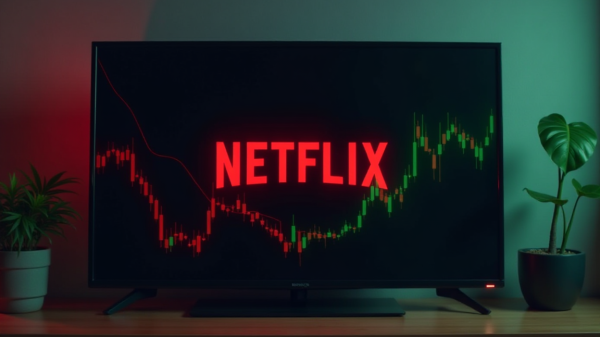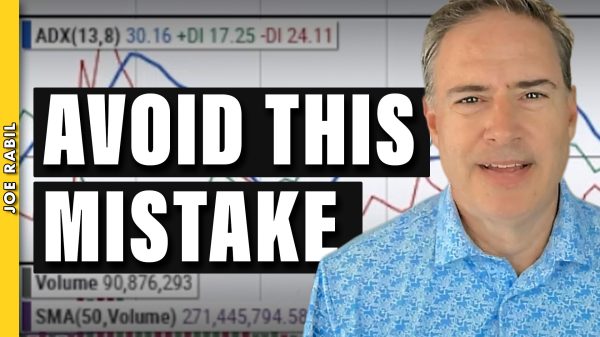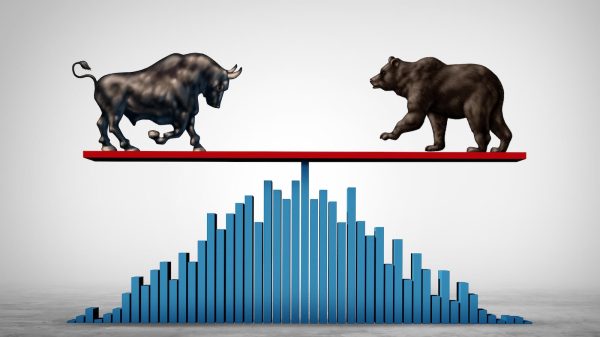US stocks slipped early on Friday as investors continued to react to the shifting landscape of global trade policy, capping one of the most volatile weeks for Wall Street in recent memory.
The Dow Jones Industrial Average dropped 241 points, or 0.6%. The S&P 500 declined 0.4%, and the Nasdaq Composite eased 0.2%.
The losses followed Thursday’s sharp selloff, which saw the S&P 500 fall 3.46%, the Dow drop over 1,000 points, and the Nasdaq shed more than 4%, as renewed trade tensions spurred a risk-off mood among investors.
That downturn came just a day after the market posted historic gains, driven by President Donald Trump’s announcement of a 90-day pause on new reciprocal tariffs for most US trading partners.
The S&P 500 had surged 9.52% on Wednesday, marking its third-largest single-day gain since World War II. The Dow soared more than 2,900 points that day.
Despite the weekly swings, the S&P 500 is still on track for a 3.3% gain this week, while the Nasdaq is up nearly 5%, and the Dow is higher by about 2.7%.
Trump tariffs are still the big issue
Traders remain cautious as the revised tariff policy continues to evolve.
While the US has set a 10% universal tariff rate for most countries for the next 90 days, goods imported from China remain subject to a 145% duty — a figure that includes an additional 20% tariff linked to fentanyl enforcement.
The White House confirmed this rate on Thursday.
China responded Friday by increasing its tariffs on US goods to 125%, up from 84%.
In a statement, China’s finance ministry said, “Even if the US continues to impose higher tariffs, it will no longer make economic sense and will become a joke in the history of the world economy.”
Meanwhile, the European Union signaled a willingness to negotiate. A bloc representative is expected to travel to Washington on Sunday to pursue trade agreements.
Investors remain cautious
Volatility remains elevated. The CBOE Volatility Index, or VIX, briefly spiked above 50 earlier this week before settling near 44.
Market participants remain wary of what lies ahead once the 90-day window expires.
Since the U.S. announced its reciprocal tariff structure on April 2, the S&P 500 remains down more than 7%, underscoring the market’s ongoing sensitivity to trade-related developments.
US producer prices fall
US wholesale prices declined in March by the most since October 2023, reflecting lower energy costs and reinforcing signs of subdued inflation ahead of upcoming Trump administration tariffs.
The producer price index fell 0.4% from the previous month, the Bureau of Labor Statistics reported Friday.
Economists had expected a 0.2% increase. Core PPI, which excludes food and energy, slipped 0.1%, also coming in below projections.
The report follows Thursday’s consumer price data, which showed a monthly decline for the first time since 2020, also driven by falling energy prices.
The post US stocks open lower: Dow down 240 points, S&P slips 0.4% appeared first on Invezz

























